Affordable housing for people with I/DD is in low supply. Learn what ALSO is doing to make a difference.
Affordable housing for people with I/DD is in low supply. Learn what ALSO is doing to make a difference.
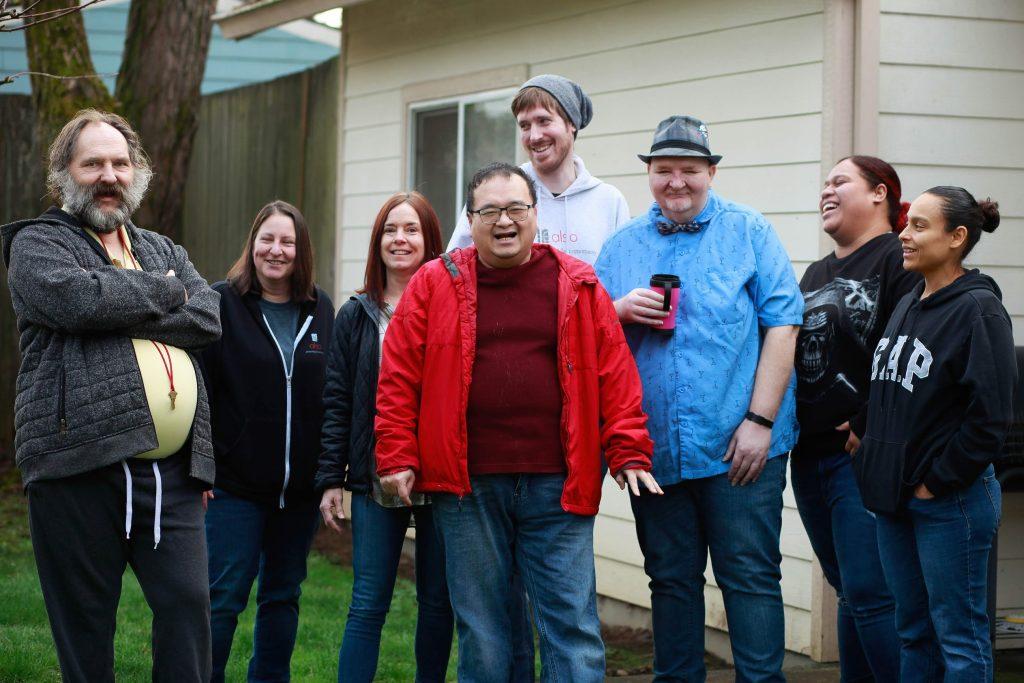
March is National Developmental Disabilities Awareness Month (DDAM). This annual celebration is led by the National Association of Councils on Developmental Disabilities (NACDD) and its partners.[1] The theme for 2024 is, “A World of Opportunities.” During this month, we honor the progress that people with developmental disabilities (DD) have made in reaching their full potential and leading productive lives as members of vibrant and diverse communities.
This is also a time to learn about and address the many barriers and obstacles that are yet to be overcome for people with DD to achieve full community inclusion.
ALSO is Oregon’s premier service provider of support services for individuals with developmental and intellectual disabilities. We’re confident that there is indeed A World of Opportunities for people living with all types of disabilities to make contributions to, and benefit from— a diverse, accessible, and welcoming society.
So, let’s dig into the details about National Developmental Disabilities Awareness Month and why it’s so important.
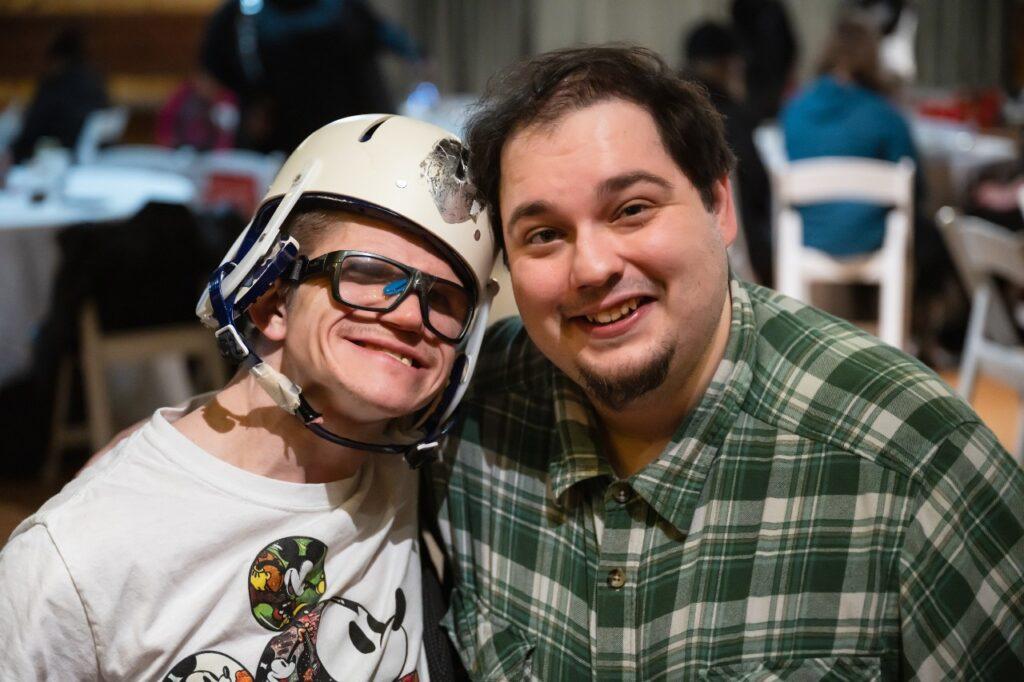
President Ronald Reagan proclaimed the month of March as DD awareness month in 1987.[2] The main objectives of this observance include the following:
The theme for 2024, A World of Opportunities, emphasizes that both people with and without DD can come together to create a more equitable and accessible society which benefits everyone. This is a hallmark characteristic of a truly inclusive community.
LEARN MORE: The ALSO Mission and Vision and our long-time dedication to full community inclusion.

Developmental disabilities are a group of conditions that affect developments in physical ability, learning, language, and/or behavior areas. According to the Centers for Disease Control and Prevention (CDC), approximately 1 in 6 children in the US have at least 1 developmental delay or disability.[3]
In most cases, it’s difficult to determine the exact cause of a child’s developmental disability. It’s often due to a complex mix of factors, including:
The above factors can bring about a variety of developmental disabilities, such as:
ASD affects the way someone communicates, interacts with others, and learns. It also may lead to restrictive/repetitive behaviors or special interests. The abilities and skills of individuals that are on the autism spectrum can vary significantly. Skills vary from person to person, with some taking special interests in specific topics (such as conversational ability), but overwhelmed by bright lights or loud noises. Experts admit that there is a lot to learn about ASD.
CP is an umbrella term that affects a person’s ability to move, use their limbs, and maintain posture and balance. Many assume that CP automatically affects intellectual functioning. This is definitely not the case.
Down Syndrome occurs due to a chromosomal abnormality. Although most experience some level of intellectual disability, there are exceptions. Children and adults with Down Syndrome have a variety of distinct physical features, such as upward-slanting eyelids, relatively shortened fingers, or low muscle tone. They also may have numerous medical complications, such as heart problems, obesity, or immune disorders.
ADHD is one of the most common developmental disorders in childhood. Furthermore, it can last well into adulthood. Common symptoms of ADHD include difficulty paying attention during school or work tasks, excessive ‘daydreaming,’ and tendencies toward impulsive behavior. If not properly addressed, this condition can interfere heavily with educational and interpersonal success.
LEARN MORE: All About Developmental Disorders [8]
What are Intellectual and Developmental Disabilities?
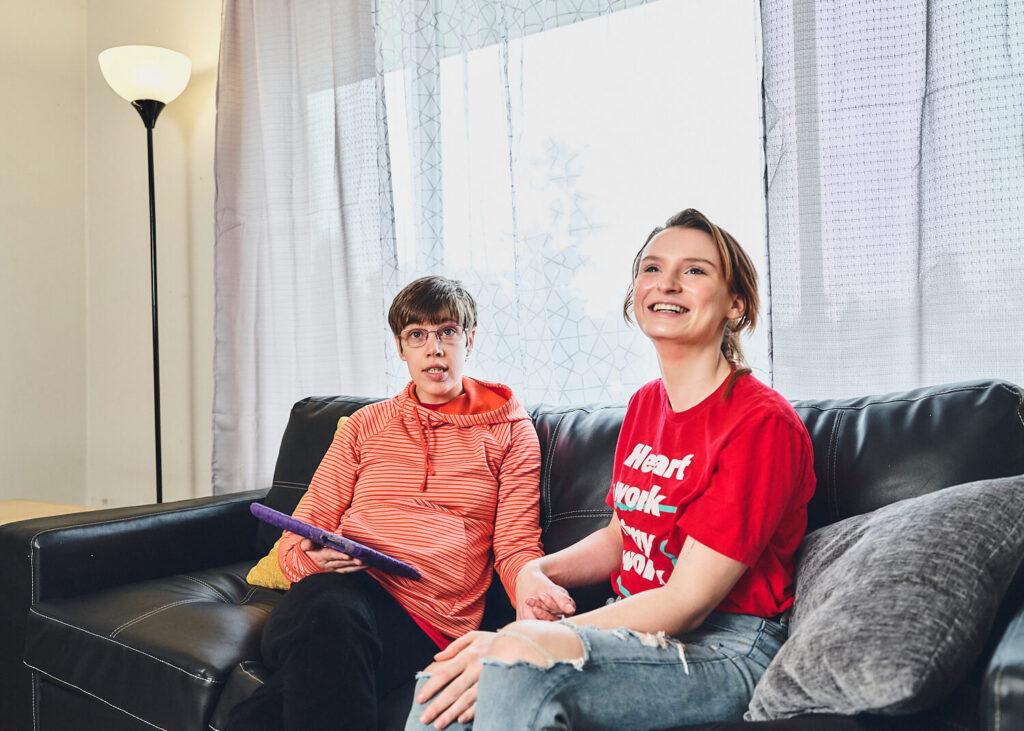
Thanks to legislation such as the Americans with Disabilities Act (ADA), the Rehabilitation Act of 1973, and the Individuals with Disabilities Education Act (IDEA), it’s much easier to get support services than it was, say, 25 or 50 years ago. These laws dramatically improved the potential of Americans with disabilities to receive equal opportunities in the workplace, housing, and education.
Still, for those of us who are living with a developmental disability, and those who have loved ones with a DD, it can be often overwhelming and stressful to find the right kind of services. The service providers and leadership at ALSO have reached 9 counties across the State of Oregon. We have extensive expertise in providing support for people with developmental and intellectual disabilities to achieve goals in:
For those outside of Oregon, we recommend reaching out to local social service organizations, public school districts, and state organizations. In addition, you may wish to check out national and federal resources, such as:
These nationally based organizations are a great starting point for excellent resources in your home state.
People with disabilities, their families and friends, and those of us who support these individuals wish to emphasize the concept of acceptance, rather than simply awareness.
It’s true that awareness is a good step along the path of full inclusion of people with developmental disabilities into our society. But the characteristics of an equitable world that offers opportunity must include integration of everyone into all facets of community life. What’s the difference between acceptance and awareness? Check out these examples from Sara Van Deurzen at Gigi’s Playhouse: [12]
Time and time again, our society has benefitted from embracing the concept of full community inclusion of people with disabilities:
The Autism Society of America has chosen to change the conversation by formally renaming Autism Awareness Month (April) to Autism Acceptance Month. This encourages a greater focus on the contributions of people with this type of disability and stresses the many benefits to all community members.
LEARN MORE: 5 Common Misconceptions About People with Disabilities
Temple Grandin – Autism Acceptance and Why it’s Awesome to be Autistic in STEM [13]
The Benefits of Hiring People with Disabilities
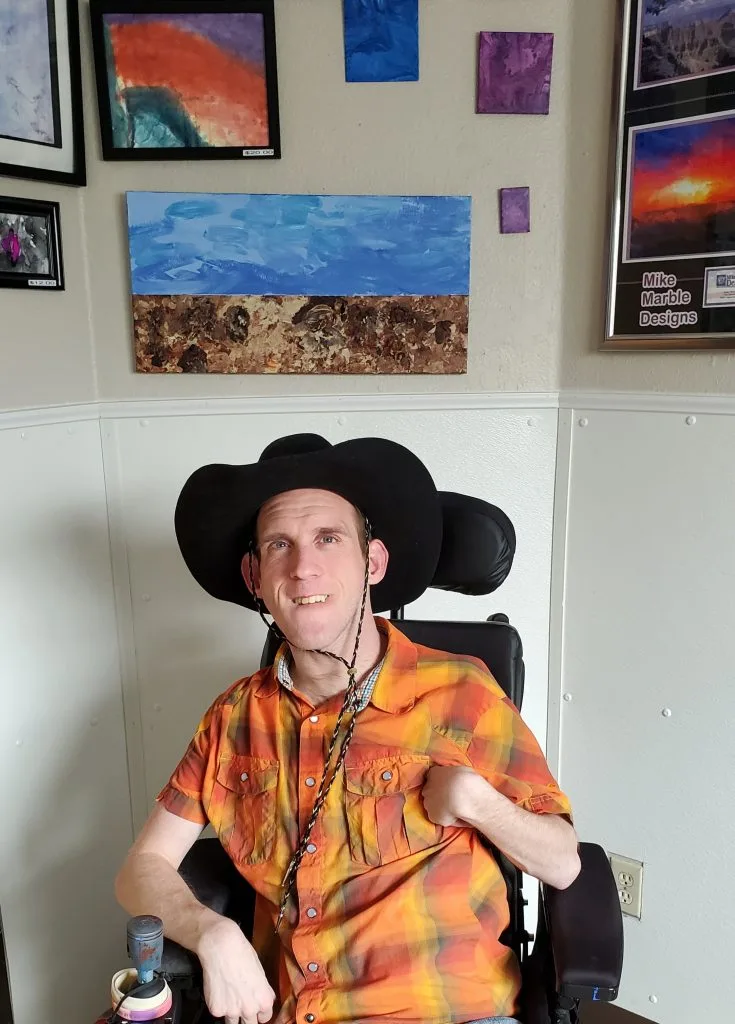
Since President Reagan first established National Developmental Disabilities Awareness Month, there have indeed been many positive changes in being more aware of our classmates, coworkers, and neighbors with developmental disabilities. However, some obstacles can be quite stubborn and continue to persist.
Persons with DD must often contend with a multitude of social barriers that interfere with health, well-being, and economic independence. Such barriers can be described as the inequitable conditions in which individuals are born, grow, learn, work, and age.
Educational barriers and obstacles to equal employment opportunities have a major impact across the entire lifespan. This is why legislation such as the Individuals with Disabilities Education Act (IDEA), along with the ADA, has been so instrumental in improving the lives of people with DD.
Still, even with rigorous advocacy and self-advocacy, challenges to equal access to these civil rights continue. Case in point are some important statistics that although high school graduation rates for students with disabilities have been on the rise, [14], a 2021 survey of students with intellectual and developmental disabilities revealed that only 3.2% were enrolled in a college or university. [15]
This underscores the importance of working together, increasing awareness and acceptance of the pressing needs of all people with disabilities. Just like those of us without disabilities, they deserve to benefit from a good education, social involvement, and inclusion into all aspects of our communities.
LEARN MORE: The National Disability Rights Network [16]
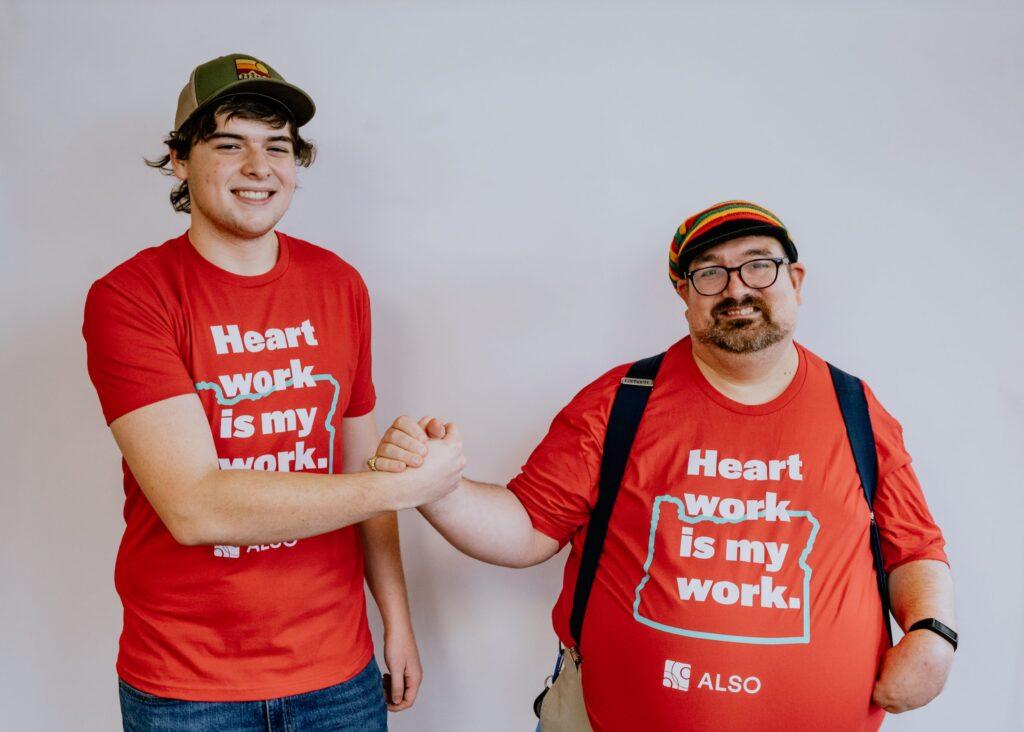
At ALSO, the very foundation of what we do is based on customized, person-centered support services and the goal of full community inclusion. We fully embrace the basic truth that acceptance, rather than just awareness, is the foundation of the World of Opportunity that we work so hard for.
We are dedicated to assisting persons with intellectual and developmental disabilities in reaching the dreams of their own choosing. We do this by facilitating practical skills that are integral to successful functioning in the community. We are there as sensitive companions during the rough spots of the journey, and, of course, we enthusiastically celebrate all achievements and success.
Please go to our services pages to learn more about the nationally recognized programming we offer, including supported living, residential services, supported employment, children’s support, and our arts program. If you are looking to learn more about how to get services, please call us at (503) 489-6565 or email us at info@alsoweb.org.
Are you interested in becoming an ALSO advocate? Check out our careers page to get started.

Sign up for our newsletter to get our latest news, content, and job opportunities.
Help us ensure that everyone has the same opportunities in their home, workplace and community. Let’s make dreams!
